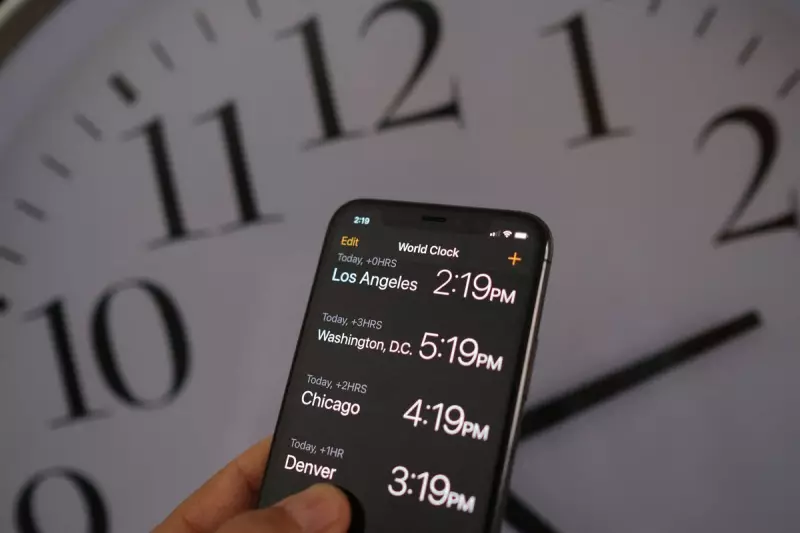
As the autumn leaves begin to turn and the evenings draw in, millions across the United Kingdom are preparing for the annual ritual of turning back the clocks. This year, the change marks the end of British Summer Time (BST) and a return to Greenwich Mean Time (GMT).
When Exactly Do Clocks Change in 2024?
The crucial moment arrives in the early hours of Sunday, 27th October 2024. At precisely 2am, clocks should be turned backward by one hour to 1am, granting everyone an extra hour of sleep. This simple adjustment signals the official transition from British Summer Time to Greenwich Mean Time.
The Historical Roots of Time Changing
This practice isn't just a modern inconvenience—it has deep historical significance. The concept was first seriously proposed by British builder William Willett in 1907, who argued passionately for adjusting clocks to make better use of daylight hours. His pamphlet "The Waste of Daylight" caught the attention of Parliament, though he never lived to see his idea implemented.
It wasn't until 1916, during the height of the First World War, that Britain finally adopted daylight saving time. The government recognised the potential fuel savings from reduced artificial lighting needs, making it a wartime necessity that simply stuck around.
Why Do We Still Change Clocks Today?
Despite ongoing debates about whether we should abandon the practice, the tradition continues for several compelling reasons:
- Energy conservation: Making better use of natural daylight reduces electricity demand
- Safety benefits: Lighter mornings mean safer journeys for children heading to school
- Economic advantages: Extra evening daylight supports retail and tourism industries
- Agricultural considerations: Farmers benefit from aligning working hours with natural light
What This Means for Your Daily Life
The shift back to GMT brings both advantages and challenges. On the positive side, you'll gain an extra hour of sleep on changeover weekend and enjoy lighter mornings for the coming months. However, the trade-off means darkness will descend much earlier in the afternoon, potentially affecting mood and productivity for those sensitive to seasonal changes.
Many smartphones, computers, and connected devices will update automatically, but don't forget to manually adjust:
- Traditional analogue clocks and watches
- Oven and microwave displays
- Car clocks and dashboard displays
- Standalone alarms without internet connectivity
The Future of Time Changing in Britain
The debate continues about whether Britain should follow the European Union's lead in potentially abolishing seasonal clock changes. While the EU has proposed ending the practice, the UK government has shown little appetite for change in recent years, meaning this autumn tradition likely remains part of British life for the foreseeable future.
So mark your calendars for 27th October, and prepare to enjoy that precious extra hour of rest before the winter months truly set in.





